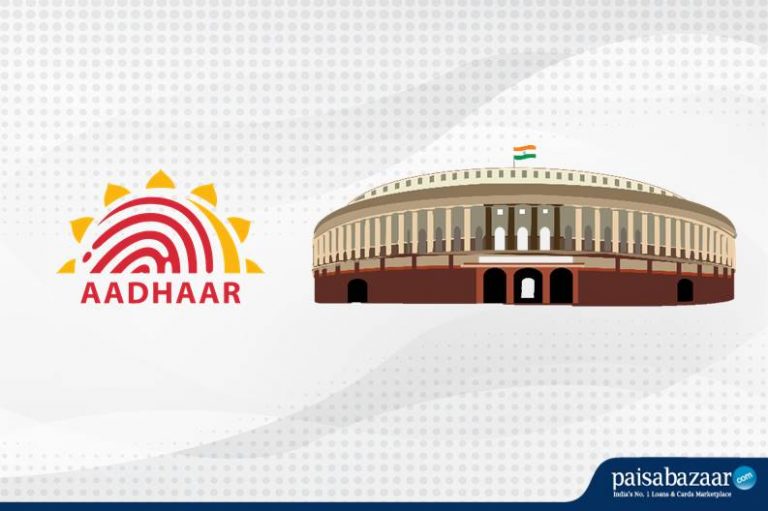

The Cabinet approved the Aadhaar ordinance that allows people to voluntarily furnish their 12-digit biometric identification number to open a bank account or buy a new mobile SIM. Currently, private entities are not allowed to use Aadhaar details for providing different services as per the Supreme Court’s judgement on Aadhaar on 26th September 2018.
The Aadhaar ordinance was promulgated because the bill could not be passed through the Rajya Sabha. It is worth mentioning that the Aadhaar and Other Laws (Amendment) Bill, 2018 was successfully passed through the lower house of the Parliament. Thus, the ordinance will give legal validation to the bill and changes made in the existing Aadhaar Act would be successfully implemented.
The ordinance will also give a minor an option to deactivate his Aadhaar number once he attains the age of 18 years.
People will also be able to use Aadhaar voluntarily for KYC verification as per the Telegraph Act and PMLA rules. However, entities will have to adhere to the privacy guidelines set in the Aadhaar Act otherwise they can be severely penalised.
It is also worth mentioning that a beneficiary cannot be denied any service such as opening a bank account or buying a new SIM card for not providing Aadhaar details.
Aadhaar card, however, will still be mandatory for availing government welfare schemes under DBT (Direct Benefit Transfer) and for filing Income Tax Returns.
Violation of the Aadhaar Ordinance
A heavy fine may also be levied on violators of the Act. A civil penalty of up to ₹ 1 Crore can be levied on the violators of the rule. An additional fine of ₹ 10 Lakhs per day can also be levied in case of continuous non-compliance of the ordinance. An entity may be punished with imprisonment of up to 3 years with a fine of up to ₹ 10,000 (₹ 1 Lakh in case of a company) for unauthorised use of identity information.